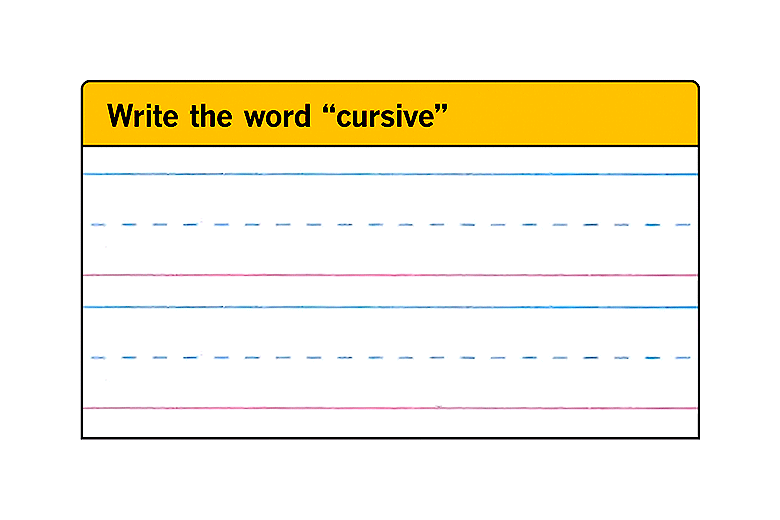YSK, teens 2 fluent in TXT
If you have tweens or teens, you’ve probably grown accustomed to seeing them lighted by the glow of a phone screen from below. Well, there’s some good and bad news coming from the hours they spend speed-tapping notes to one another.
Good news: The hours your kids are spending face-to-phone screen are paying off. They have become fluent in a second language. Bad news: That language is texting.
Worse news: OMG, there isn’t (yet) a texting portion on the SAT, so they’ll need to work harder to recover those grammar skills they are killing with every LOL and BRB.
The more they send and receive texts, the worse their grammar skills become, according to a recent study.
With “the culture of mobile communication -- quick back and forth -- inevitably, there are compromises on traditional, cultural writing,” professor S. Shyam Sundar told The Times in a Skype interview.
“Techspeak,” as Sundar and his research partner Drew P. Cingel call it, has become so routine and prevalent among young users that it’s eroding their foundation of basic grammar.
“Routine use of textual adaptations by current and future generations of 13–17-year-olds may serve to create the impression that this is normal and accepted use of the language and rob this age group of a fundamental understanding of standard English grammar,” they said in their published findings.
Basically, kids aren’t able to “code switch” -- shift between standard grammar and the abbreviations used in text messages, Sundar said. Those abbreviations have essentially become the words for them.
Adults not raised on text-friendly abbreviations in their formative years are able to shift between formal and informal language, Sundar said. Kids consuming a steady diet of “textual adaptations” aren’t.
“Results show broad support for a general negative relationship between the use of techspeak in text messages and scores on a grammar assessment,” the study results read.
Linguists aren’t particularly disturbed by the trend, he said. “The linguists will tell you the language is very dynamic.”
True, words that were once relegated as being just catchy lyrics among certain demographics have made it into the mainstream -- and into the dictionary.
The researchers had kids from ages 10 to 14 take a little grammar test. And it turned out that those who sent or received texts recently performed worse on the exam. Here’s a sample of the questions, so you can test yourself -- or your kids -- to see how the text saturation has affected your grammar.
1. During the flood, we (dranked, drank, drunk, drunked) bottled water.
2. Fortunately, Jim’s name was (accepted, excepted) from the roster of those who
would have to clean bathrooms because he was supposed to go downtown to
(accept, except) a reward for the German Club.
3. I don’t know how I could (lose, loose) such a big dress. It is so large that it is
(lose, loose) on me when I wear it!
4. (Its, It’s, Its’) an honor to accept the awards certificates and medals presented to
the club.
5. Worried, and frayed, the old man paced the floor waiting for his daughter.
(Correct/Incorrect)
The answers: 1. drank; 2. excepted, accept; 3. lose, loose; 4. It’s; 5. incorrect (it should be “afraid”).
So, did you pass? WTG!
ALSO:
Teen gets jail time after texting-while-driving crash
Teens text for study and don’t hold back the profanity, sex, drugs
Coolest place to catch the Mars rover landing? Times Square
Follow Michelle Maltais on Google+, Facebook or Twitter
More to Read
Inside the business of entertainment
The Wide Shot brings you news, analysis and insights on everything from streaming wars to production — and what it all means for the future.
You may occasionally receive promotional content from the Los Angeles Times.











